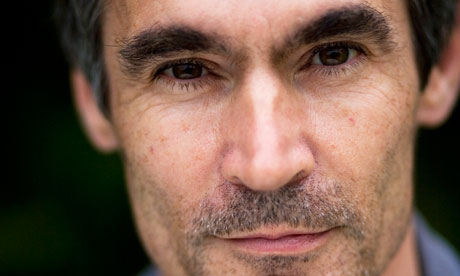
Intelligent, serious and thought-provoking, but also entertaining, Andrew Miller's Pure is the best kind of historical novel.
Reading it, you feel as if you are in Paris before the revolution, a city at once decaying and on the cusp of momentous change, a place of disgusting smells and odd subcultures, at once recognisable and utterly foreign.
Miller uses the story of his hero, Jean-Baptiste Barratte, a young engineer from the provinces commissioned to oversee the destruction of a church and its cemetery, as a way to dramatise one of the great questions of the Enlightenment: what is the status of the past? Is it something to be cherished and held on to, or should it simply be swept away?
One fault of historical fiction is that, even as it strives to inhabit an earlier age, it makes you aware this is what it's doing, by straining to ape a period style, or advertising its research. The effect, paradoxically, is to make you feel cut off from the subject.
Somehow Miller entirely avoids any such sense of artificiality. This is largely to do with his style, very plain and unadorned, and in many ways quite modern. The novel reminded me of Hilary Mantel's Wolf Hall, which is about a very different period, but has a similar sense of effortless immediacy.
A good and interesting choice, but one that may ruffle feathers, because the consensus was that Matthew Hollis's sort-of biography of Edward Thomas was the strongest on the list. The judges seem to have opted for safety over boldness: Pure is a book that it's extremely hard to dislike.

